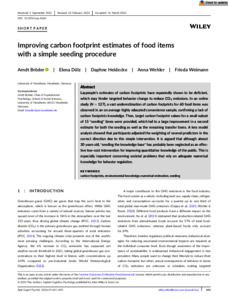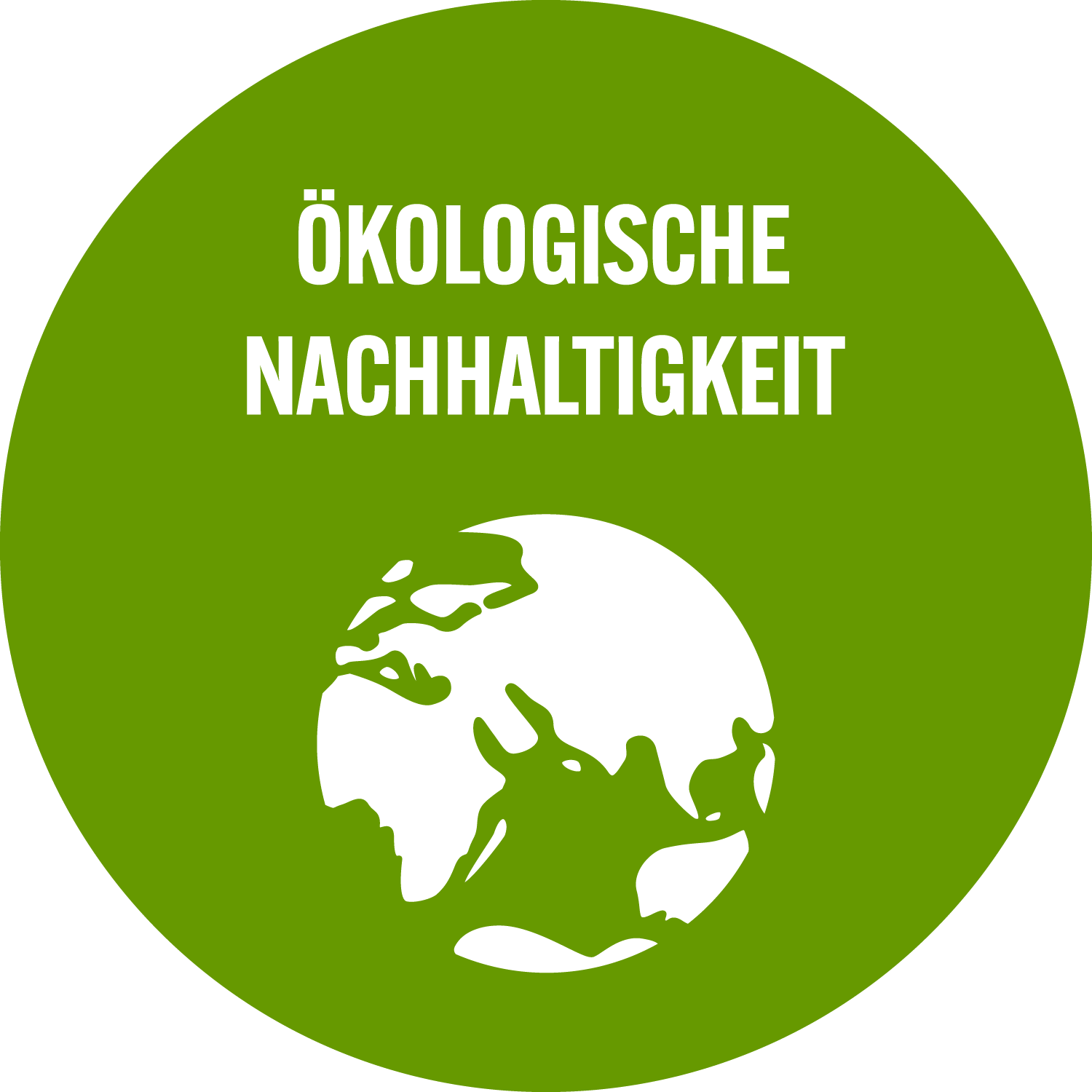|
Improving carbon footprint estimates of food items with a simple seeding procedure
Bröder, Arndt
;
Dülz, Elena
;
Heidecke, Daphne
;
Wehler, Anna
;
Weimann, Frieda
![[img]](https://madoc.bib.uni-mannheim.de/64135/1.hassmallThumbnailVersion/Applied%20Cognitive%20Psychology%20-%202023%20-%20Br%20der%20-%20Improving%20carbon%20footprint%20estimates%20of%20food%20items%20with%20a%20simple%20seeding-1.pdf)  Vorschau |
|
PDF
Applied Cognitive Psychology - 2023 - Br der - Improving carbon footprint estimates of food items with a simple seeding-1.pdf
- Veröffentlichte Version
Download (1MB)
|
|
DOI:
|
https://doi.org/10.1002/acp.4060
|
|
URL:
|
https://onlinelibrary.wiley.com/doi/10.1002/acp.40...
|
|
Weitere URL:
|
https://www.x-mol.net/paper/article/16369899251030...
|
|
URN:
|
urn:nbn:de:bsz:180-madoc-641352
|
|
Dokumenttyp:
|
Zeitschriftenartikel
|
|
Erscheinungsjahr:
|
2023
|
|
Titel einer Zeitschrift oder einer Reihe:
|
Applied Cognitive Psychology : ACP
|
|
Band/Volume:
|
37
|
|
Heft/Issue:
|
3
|
|
Seitenbereich:
|
651-659
|
|
Ort der Veröffentlichung:
|
Chichester [u.a.]
|
|
Verlag:
|
Wiley
|
|
ISSN:
|
0888-4080 , 1099-0720
|
|
Sprache der Veröffentlichung:
|
Englisch
|
|
Einrichtung:
|
Fakultät für Sozialwissenschaften > Allgemeine Psychologie (Bröder 2010-)
|
|
Bereits vorhandene Lizenz:
|
 Creative Commons Namensnennung, nicht kommerziell 4.0 International (CC BY-NC 4.0) Creative Commons Namensnennung, nicht kommerziell 4.0 International (CC BY-NC 4.0)
|
|
Fachgebiet:
|
150 Psychologie
|
|
Freie Schlagwörter (Englisch):
|
carbon footprints , environmental knowledge , numerical estimation , seeding
|
|
Abstract:
|
Laypeople’s estimates of carbon footprints have repeatedly shown to be deficient, which may hinder targeted behavior change to reduce CO2 emissions. In an online study (N = 127), a vast underestimation of carbon footprints for 60 food items was observed in an on average highly educated convenience sample, confirming a lack of carbon footprints knowledge. Then, target carbon footprint values for a small subset of 15 “seeding” items were provided which led to a large improvement in a second estimate for both the seeding as well as the remaining transfer items. A lens model analysis showed that participants adjusted the weighting of several predictors in the correct direction due to this simple intervention. It is argued that although almost 30 years old, “seeding the knowledge base” has probably been neglected as an effective low-cost intervention for improving quantitative knowledge of the public. This is especially important concerning societal problems that rely on adequate numerical knowledge for behavior regulation.
|
 
 | Dieser Eintrag ist Teil der Universitätsbibliographie. |
 | Das Dokument wird vom Publikationsserver der Universitätsbibliothek Mannheim bereitgestellt. |
 Suche Autoren in Suche Autoren in
BASE:
Bröder, Arndt
;
Dülz, Elena
;
Heidecke, Daphne
;
Wehler, Anna
;
Weimann, Frieda
Google Scholar:
Bröder, Arndt
;
Dülz, Elena
;
Heidecke, Daphne
;
Wehler, Anna
;
Weimann, Frieda
ORCID:
Bröder, Arndt  ORCID: 0000-0002-2658-4791 ORCID: 0000-0002-2658-4791 ; Dülz, Elena ; Heidecke, Daphne ; Wehler, Anna ; Weimann, Frieda
Sie haben einen Fehler gefunden? Teilen Sie uns Ihren Korrekturwunsch bitte hier mit: E-Mail
Actions (login required)
 |
Eintrag anzeigen |
|
|
 ORCID: 0000-0002-2658-4791 ; Dülz, Elena ; Heidecke, Daphne ; Wehler, Anna ; Weimann, Frieda
ORCID: 0000-0002-2658-4791 ; Dülz, Elena ; Heidecke, Daphne ; Wehler, Anna ; Weimann, Frieda



 Creative Commons Namensnennung, nicht kommerziell 4.0 International (CC BY-NC 4.0)
Creative Commons Namensnennung, nicht kommerziell 4.0 International (CC BY-NC 4.0)

 Suche Autoren in
Suche Autoren in